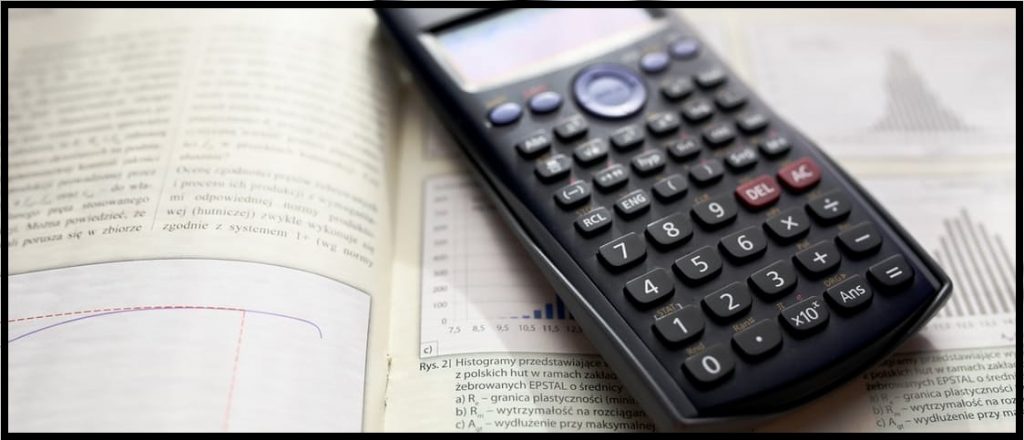What were your main duties and responsibilities during the course of your internship?
To design and create a mathematics online-learning resource for engineering conversion course students as part of a small team. This involved planning and producing a zero-credit module on the ELE platform, selecting mathematical content to include, researching additional content, writing lectures and notes using ELE platform and LaTeX, creating quizzes and problem sheets to test understanding and liaising with academic staff to verify our content was correct.
What would you say was your biggest achievement over the course of your internship?
I learnt how to plan, organise and time-keep a large-scale project. Our employers had no mathematical expertise, which gave us complete responsibility for the project’s quality and validity.
What benefits did your internship bring to your employer?
My employer now has a mathematics e-learning resource that can be used by engineering conversion course students for multiple years to come. This content can also be sent out in file format to explain what the course will entail. In addition, it will be advertised among professors at the university as a learning/revision tool for first and second year students. It is also held by the university’s IT department as a leading example of a high-quality online learning and teaching resource created using the ELE platform.
Did you encounter any problems during the course of your internship and if so, how did you overcome them?
Firstly, I found myself tasked with producing content which I didn’t understand since the courses for mathematics and engineering students differs slightly. I overcame this problem by asking an engineering professor for a relevant textbook from the library and taught myself the content. I then wrote my set of lecture notes and gave it to my fellow colleagues who also had never encountered this content. They questioned bits that didn’t make sense and I made corrections until we all agreed the content was explained well.
Secondly, we had to decide what content to put in the module and how to structure it. Whilst the team had strong ideas of what mathematics we would need (such as Algebra, Calculus, Vectors, etc) none of us were engineering students. Our strategy was to seek advice from an engineering professor who made additional suggestions we hadn’t considered (such as Numerical Methods and Statistical Testing). The professor also offered us her module as a template structure for our content. This was later adapted and changed since we felt the structure could be improved.
“Evan has acted in a professional manner and remained focused on the project objective. As a result of this, he has produced some very high quality resources using a wide range technologies and the tools within ELE” – Line Manager

